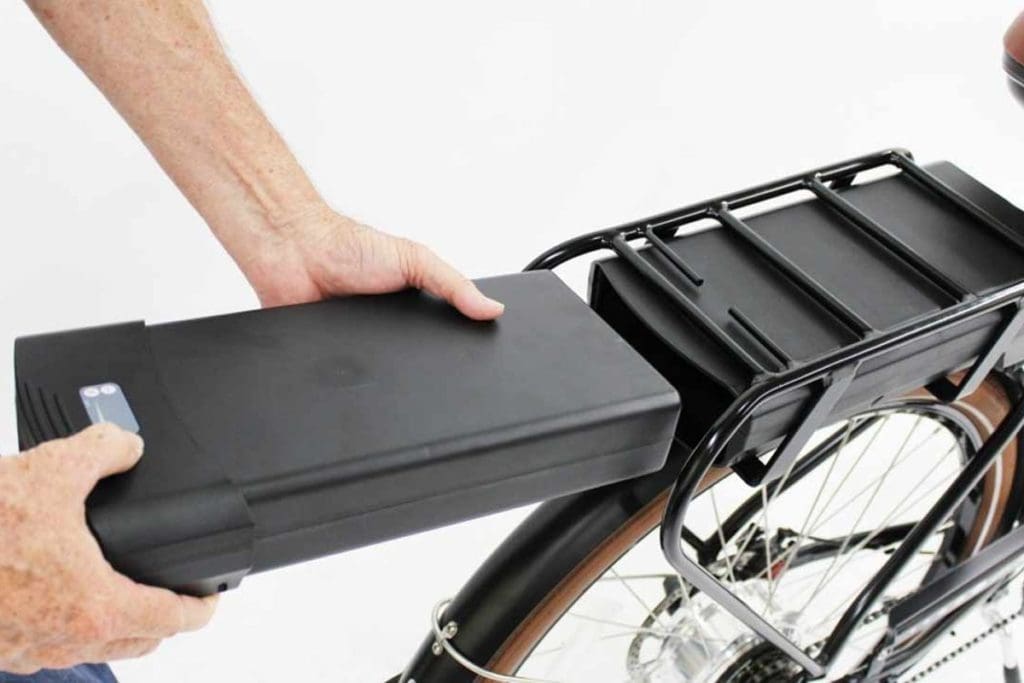National e-Bike Battery Recycling Program in US

Atlanta, Georgia, US
An industry-wide e-bike battery recycling program was officially launched in the US at the start of this month, with more than 800 retailers trained and equipped to handle expired or damaged packs returned to shops.
The program is being administered by Call2Recycle, a not-for-profit consumer battery recycling and stewardship program created from an idea by five battery manufacturers.
Its role will include providing recycling kits, transportation and logistics, safety materials, and rider education.
The e-bike battery recycling scheme is supported by 17 original equipment manufacturers (OEM) and is endorsed by peak US cycling advocacy group PeopleForBikes, is administering the lithium-ion battery collection and recycling program, including providing recycling kits, transportation and logistics, safety materials, and rider education.
“Brands that have yet to sign on face a potential backlash from environmentally conscious consumers and will have to scramble to comply with existing and pending legislation”
Specialized social and environmental responsibility manager Troy Jones said the recycling program and the participating organisations were demonstrating the industry’s commitment to being responsible stewards of the environment, by creating an e-bike battery recycling program ahead of national or widespread state legislation.
“Brands that have yet to sign on face a potential backlash from environmentally conscious consumers and will have to scramble to comply with existing and pending legislation,” he said.
Companies funding the program include Alta Cycling Group, BikeCo., Bunch Bikes, Giant Bicycles, Hawley, Juiced Bikes, Kona, Live To Play Sports (Norco), Marin Mountain Bikes Inc., QBP, Robert Bosch LLC, Rocky Mountain, Shimano, Specialized, Tern Bicycles, Yamaha Motor Corporation, and Yeti Cycles.
PeopleForBikes’ e-bike policy and campaign director Ash Lovell said the program received strong enthusiasm and support for the outset and it continues to attract further support from more brands.
“The number of brands who are participating is meeting our expectations for this phase of the project,” she said.
“Our goal before we open the program to the public is about 2,000 collection sites across the country. We are well on the way to this number and we’re speaking weekly with brands and retailers about the benefits of joining the program.
“To make sure this initiative is truly industry-wide, we need to have diverse representation from manufacturers. We’ve designed the program so that it works for direct-to-consumer brands, as well as brands that work with retailers across the country, so there should be something in this program for everyone.”
Visit the Call2Recycle e-bike webpage for more information about the recycling program.
Join the Conversation:
Does Australia need a similar e-bike battery recycling program?
